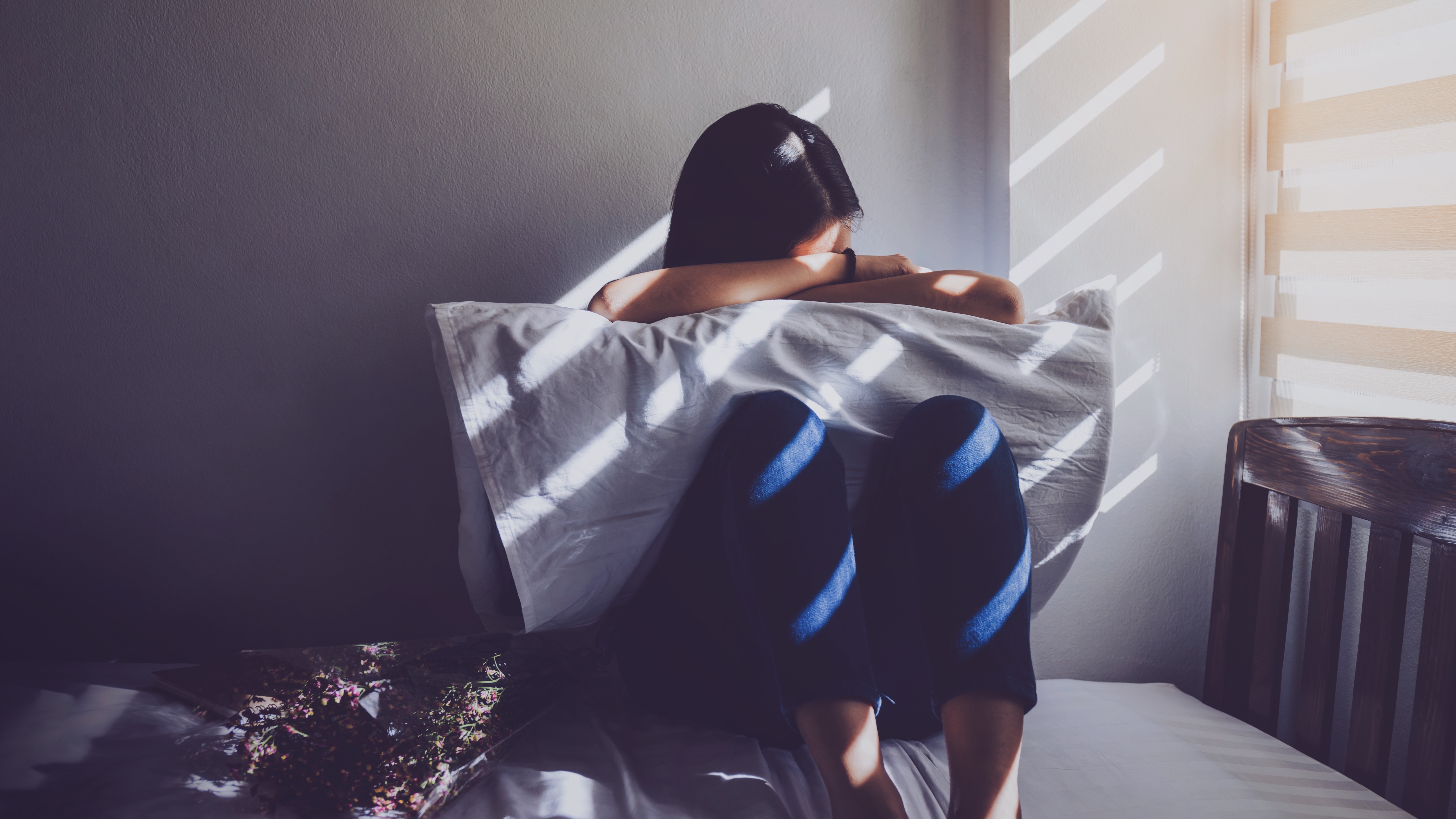In the face of the seriousness of the disease, lack of sleep may seem like an insignificant side effect. The reality is that short-term and long-term effects have detrimental consequences on a cancer patient’s quality of life, on their mental and physical wellbeing and might even influence the outcome.
Sleep disorders should be addressed in the very early stages of the diagnosis.
Talking to your doctors about your sleep issues is an absolute must. While you might believe that sleep disturbance aren’t a priority (especially when rushed during consults and don’t have time to raise questions about sleep), please know that it is. In fact, studies show that most patients don’t raise their sleep issues with their doctor and conversely, many doctors rarely ask how you’re sleeping. Adding to that, many doctors are not trained in sleep disorders and often rely too quickly on sleeping pills as the only solution for their patients. Sleeping pills do make you sleep, but they often don’t provide the kind of restorative sleep that you desperately need. Instead, similarly to alcohol, sleeping pills knock you out and make you feel drowsy the next day. Furthermore, sleeping pills are usually meant for short-term use, but unfortunately, many people affected by cancer face long-term sleep disorders and tend to rely on sleeping pills for extended periods of time, which can lead to serious side effects, both mentally and physically.
Sleep deprivation does damage.
When you are sleep deprived from having difficulty falling asleep or experiencing multiple night or early-morning awakenings, your brain and body don’t function at an optimal level, and a snowball effect continues from there.
Lack of sleep impairs your ability to take decisions. From the day of your cancer diagnosis, you are confronted with many difficult decisions to make regarding your care (possible surgeries, treatments to undergo…) that quite literally may affect the rest of your life. When you are sleep deprived, decision making and problem solving are impaired, which will make you feel even more confused and overwhelmed.
Insomnia worsens many cancer-related conditions and symptoms. Emotionally, stress levels and anxiety worsen when sleep deprived. Physically, symptoms like nausea, vomiting, hot flashes, fatigue and dizziness can also be exacerbated. Lack of sleep also strongly intensifies the sensation of pain.
Inadequate sleep drastically weakens the immune system resulting in elevated blood sugar levels, to increased inflammation, to the body taking longer to heal and recover from injuries. These are all aggravating factors for cancer patients. Simply put, the body’s ability to fight off any disease is highly debilitated due to lack of sleep.
Lack of sleep impacts your mood negatively. Having a positive mindset is crucial, but sleep-deprived people have a much higher tendency to be depressed, have negative thoughts, feel hopeless and isolated.
Lack of sleep impacts your energy levels and motivation to stay active. Being too sedentary is never the best scenario for recovery. When you are exhausted from sleepless nights, the chances to have the motivation and the energy to move your body are just so much smaller.
Know what is keeping you awake at night.
Identifying the root cause of your sleep challenges is crucial. Analyse the reasons behind your lack of sleep. Do you have trouble sleeping because of physical reasons like nausea, pain, restless leg syndrome, digestive issues or hot flashes? Is it more the anxiety and stress that keeps you from sleeping? Write down all the reasons that might interfere with your sleep and bring your list to your doctor. The more information you have on your sleep patterns and the more precise it is, the easier it will be for your doctor to try to help or for you to find a path to a solution.
Adequate sleep can be a powerful tool in your healing journey.
On my own cancer journey, which began in 2006 with a breast cancer diagnosis, I witnessed first-hand the deteriorating side effects of sleep deprivation, particularly during treatment. I quickly realized that sleep was not a luxury but a necessity. I became very protective of my sleep and set sleep as a high priority; in the same way that I would make sure to take all my medications and not miss out on any treatment or doctor’s appointment, I made sure to get enough sleep day after day. I also intentionally fostered a positive attitude towards sleep and viewed sleep as a “friend” (not a necessary evil) that supported and nurtured me in my healing journey.
I educated myself on how to optimize my sleep and learned about sleep hygiene, relaxation techniques and so much more. You can too. The key here is that you want to empower yourself in your care. In the way that you would research procedures, treatments or nutrition, do the same with sleep; get educated on your own on how to improve your sleep or seek help from a sleep expert.
Better sleep always means better quality of life for people affected by cancer; it is a critical tool on the way to recovery.
(*) https://www.ncbi.nlm.nih.gov/pmc/articles/PMC3021374/
Review The Relationship Between Fatigue and Sleep in Cancer Patients: A Review. Ancoli-Israel S, Moore PJ, Jones V
Eur J Cancer Care (Engl). 2001 Dec; 10(4):245-55.


